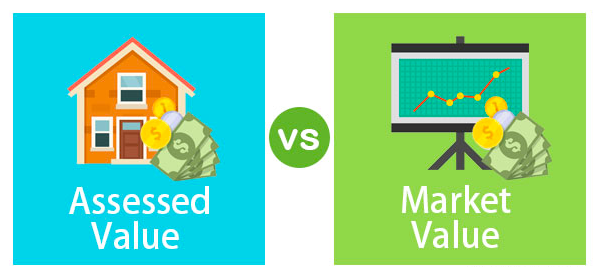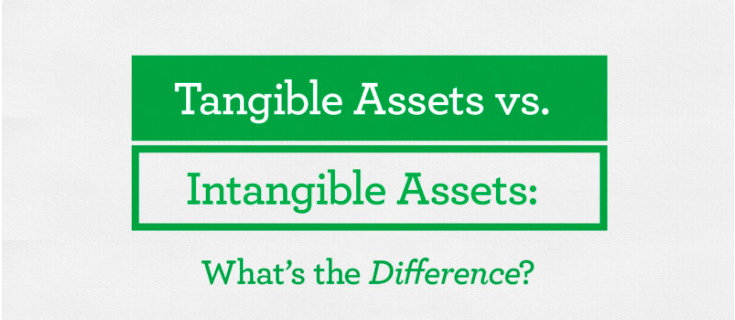
Market Value vs. Assessed Value: What’s the Difference?
In the world of real estate, terms like market value and assessed value are often used when discussing property pricing, taxation, and investment decisions. While they may sound similar, they serve different purposes and are determined using different methods. Understanding the distinction between the two is crucial—whether you’re buying, selling, investing, or managing a property.
What Is Market Value?
Market value refers to the estimated amount a property would sell for on the open market under current conditions. It represents what a willing buyer would pay and a willing seller would accept, assuming neither is under pressure to act and both have reasonable knowledge of the property and market.
Key Characteristics of Market Value:
Determined by current market conditions, demand and supply.
Influenced by location, size, condition, improvements, and comparable property sales.
Often used during property sales, purchases, or refinancing.
Typically estimated by a registered estate valuer or real estate agent.
Example:
A 3-bedroom bungalow in Lekki might have a market value of ₦85 million based on similar homes recently sold in the same area.
What Is Assessed Value?
Assessed value is the value placed on a property by a government authority (often for tax purposes). It is used to calculate the property tax a homeowner must pay. This value is usually a percentage of the property’s market value and may be adjusted annually or at fixed intervals.
Key Characteristics of Assessed Value:
Determined by local taxing authorities or land revenue agencies.
Used primarily for calculating property taxes, not for determining selling price.
May be lower than market value.
May not reflect real-time market conditions.
Example:
That same bungalow in Lekki with a market value of ₦85 million might have an assessed value of ₦60 million, depending on the local tax authority’s assessment rate.
Key Differences at a Glance
| Aspect | Market Value | Assessed Value |
|---|---|---|
| Purpose | Selling, buying, refinancing | Taxation |
| Determined By | Market trends, demand/supply, comparables | Government or tax assessor |
| Changes How Often | Frequently, with the market | Periodically (annually or every few years) |
| Typically Higher/Lower | Often higher than assessed value | Often lower than market value |
| Used For | Sales, valuation reports, investment | Property tax calculation |
Why the Difference Matters
For Buyers: Understanding the market value helps you make fair offers and avoid overpaying. The assessed value helps you estimate property taxes.
For Sellers: Knowing your property’s market value helps you set a competitive asking price. If the assessed value is too high, it could scare off buyers due to high taxes.
For Investors: Both values offer insight—market value tells you potential returns, while assessed value impacts ongoing costs like property tax.
Can They Ever Be the Same?
In some cases, particularly in stable markets or jurisdictions with up-to-date assessment systems, the assessed value may closely reflect the market value. However, in rapidly appreciating or fluctuating markets, the two values are more likely to differ significantly.
Conclusion
Understanding the difference between market value and assessed value equips you to make better real estate decisions. While market value reflects what a property is worth to buyers and sellers, assessed value is what the government considers it’s worth for tax purposes. Being aware of both helps you navigate pricing, investment, and tax responsibilities more effectively.

 April 11, 2025
April 11, 2025



